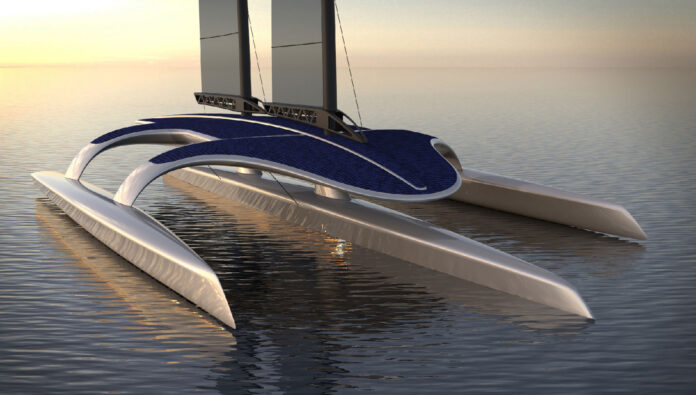Introduction to Autonomous Shipping
The world of sea navigation is on the verge of a revolution, with the introduction of a new, autonomous ship called the Mayflower. This vessel is named after the original Mayflower that sailed from Plymouth to the US in 1620, but it’s vastly different from its predecessor. The new Mayflower will not have a crew or passengers on board, and it won’t even have a captain. Instead, it will be controlled by a set of artificial intelligence (AI) systems.
How the Mayflower Works
The Mayflower’s AI systems have been tested on the Plymouth Quest, a human-crewed research vessel operated by Plymouth Marine Laboratory in the UK. The ship is equipped with cameras and sensors that provide it with a vast amount of data, which is then processed by the AI systems. The AI is coupled with a library of one million nautical images, allowing it to identify and avoid various maritime hazards, such as boats, buoys, rocks, and debris. The ship’s navigation systems are also fed with real-time weather information, enabling it to make informed decisions and predict adverse weather conditions.
Autonomous Navigation and Propulsion
The Mayflower relies on an edge computing system to process data locally, as it won’t have access to high-bandwidth connectivity throughout most of its voyage. The ship is equipped with sensors that measure waves and water depth, and its onboard radar can detect obstacles over two miles away. In addition to its autonomous navigation systems, the Mayflower is also self-sufficient in terms of propulsion, powered by a combination of solar and wind energy, as well as an auxiliary diesel engine.
The Future of Marine Research
The technologies deployed on the Mayflower will have a significant impact on marine research, particularly in the study of microplastics. The ship will be able to analyze water samples and provide valuable insights into the origin and distribution of microplastics. This research will help us better understand the effects of microplastics on the environment and inform strategies to mitigate their impact.
The Autonomous Shipping Industry
The Mayflower is a technology project carried out by ProMare, a marine research organization, in collaboration with IBM, which has supplied the AI software and computing power. While self-piloted ships have been deployed before, this is the first time a fully autonomous vessel has undertaken such an ambitious voyage. According to Don Scott, technical director of the Mayflower, the autonomous shipping market is expected to grow to over $130 billion by 2030. Autonomous ships are not only set to revolutionize the shipping industry but will also play a crucial role in urban mobility, with autonomous electric ferries helping to reduce traffic congestion and pollution in cities.
Conclusion
The Mayflower’s maiden voyage marks the beginning of a new era in sea navigation, one that is driven by artificial intelligence and autonomous systems. As the autonomous shipping industry continues to grow, we can expect to see significant advancements in marine research, urban mobility, and environmental sustainability. The future of shipping is autonomous, and it’s an exciting time for this industry. With the Mayflower leading the way, we can look forward to a safer, more efficient, and more environmentally friendly shipping industry.

